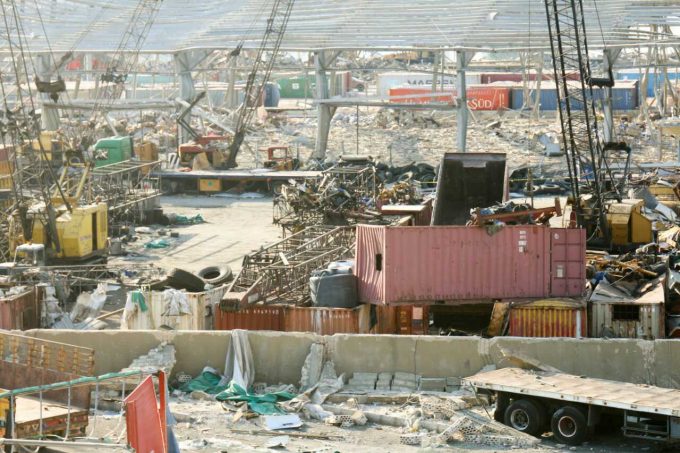Shipping laws that could have averted two catastrophes
The dark side of the shipping industry – well, one of them – has come ...

In what looks, on the face of it, to be a classic case of the criminalisation of seafarers, Maritime Executive reports that Interpol has issued an arrest warrant for the master of the Rhosus, the cargo ship that brought the lethal consignment of ammonium nitrate, the cause of last year’s tragic explosion in the port of Beirut. Its owner abandoned the vessel while it was docked in Beirut in 2013-2014, and its cargo was subsequently unloaded by port officials and ...
Maersk u-turn as port congestion increases across Northern Europe
Apple logistics chief Gal Dayan quits to join forwarding group
Maersk Air Cargo sees volumes fall as it aims for 'margin in favour of revenue'
Airlines slash freighter capacity post-de minimis, but 'the worst is yet to come'
Houthis tell Trump they will end attacks on Red Sea shipping
Transpac rates hold firm as capacity is diverted to Asia-Europe lanes
MSC revamps east-west network as alliance strategies on blanking vary
India-Pakistan 'tit-for-tat' cargo ban sparks sudden supply chain shocks

Comment on this article